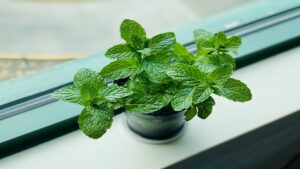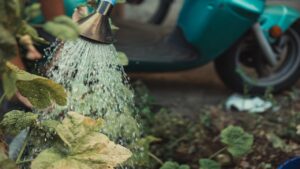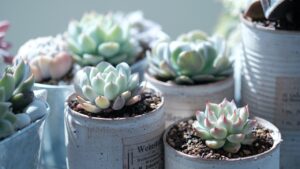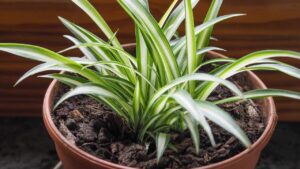The 6 Most Common Mistakes That Can Ruin Your Plants
If you love plants or are an expert gardener, you would certainly never make some fundamental mistakes in cultivation that would compromise their health. However, if you’re just entering the world of greenery or love plants despite feeling you have a “black thumb,” it’s essential to be aware of the six most common mistakes you might unknowingly make.
6 mistakes to avoid to have healthy plants

As you well know, there are an infinite number of plants in the world, each with its own unique needs. However, there are some general rules that they have in common. The first crucial rule involves irrigation. Overwatering stands as a primary cause of plant demise, leading to root rot and providing an ideal breeding ground for diseases.
On the other side, watering too little can result in drought and eventual death from dehydration. If you observe dry soil after a period without watering, refrain from applying water directly from above. Extremely dry soil may resist water absorption. In an attempt to revive the plant, consider submerging its roots in water by placing it in a container.
Another common mistake is using a pot that is too small, resulting in potential plant death due to insufficient space for root growth. To prevent this issue, opt for a pot with an adequate diameter, ensuring the soil is well-compacted and allowing ample space for root development.
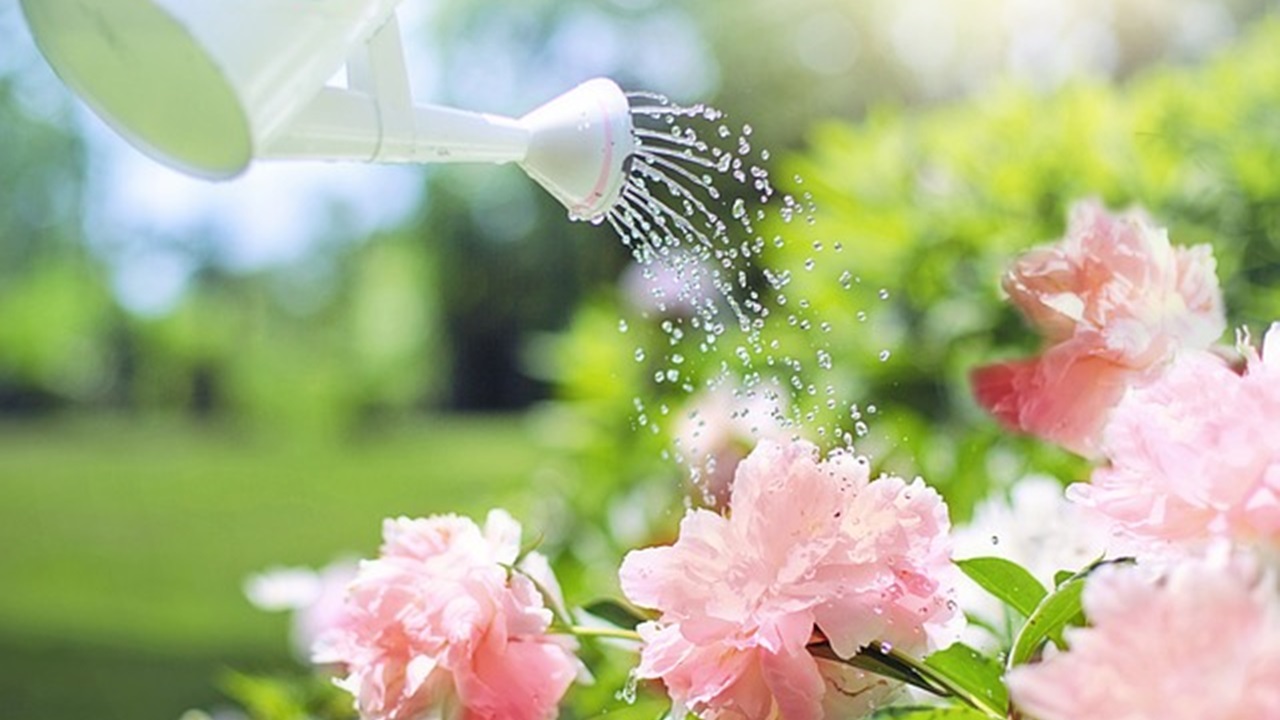
Exposure to direct sun can be harmful to plants, causing burns and black spots on the leaves. To ensure the plant’s well-being, provide indirect light, steering clear of heat sources or direct sunlight.
Conversely, if a plant is placed in a dark environment, its leaves may turn yellow and fall. Relocate the plant to a brighter spot, and consider positioning it near a window to receive more natural light.
Properly using fertilizer is a crucial precaution in gardening. While fertilizer is important for plant growth, excessive or incorrect usage can lead to plant death. Prioritize understanding the specific needs of the plants you’re fertilizing and follow recommended guidelines for application. Avoid taking unnecessary initiatives, as careful and informed fertilization contributes to the health and prosperity of your plants.
